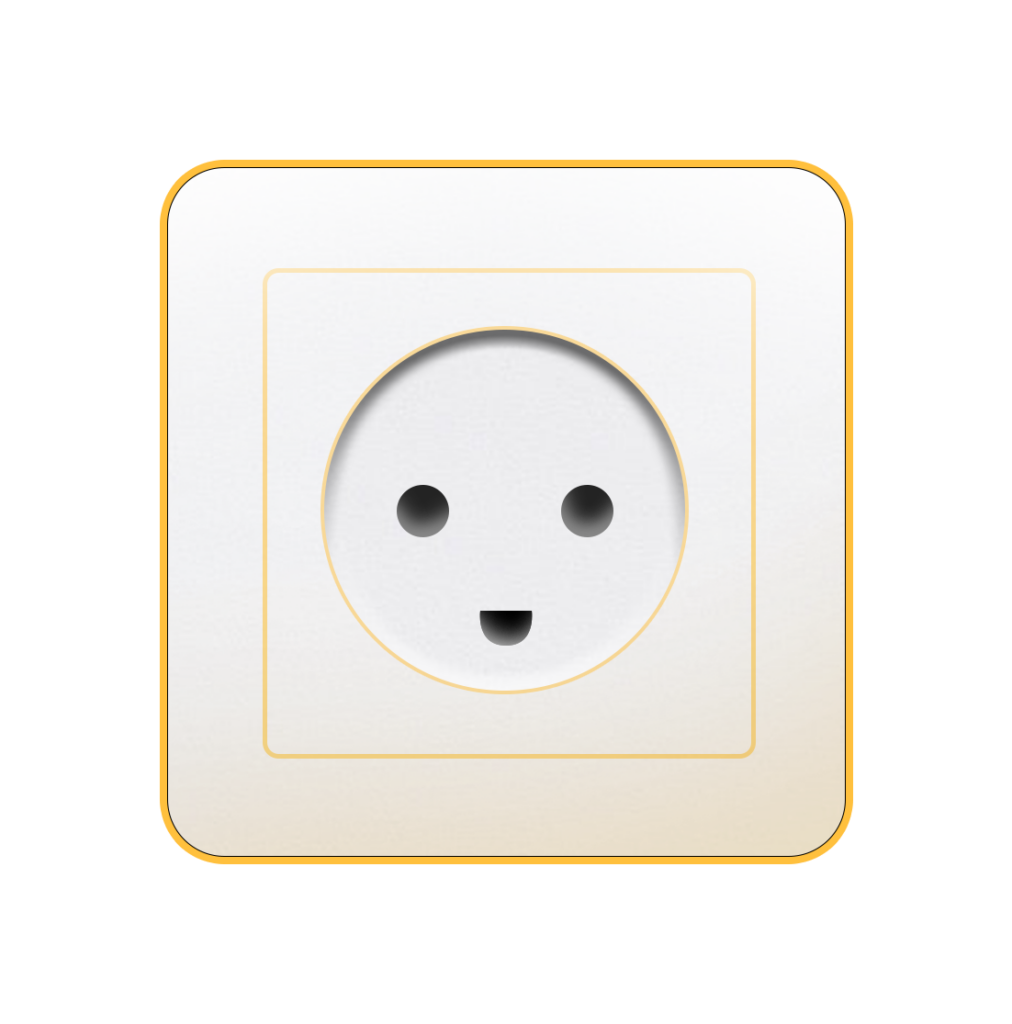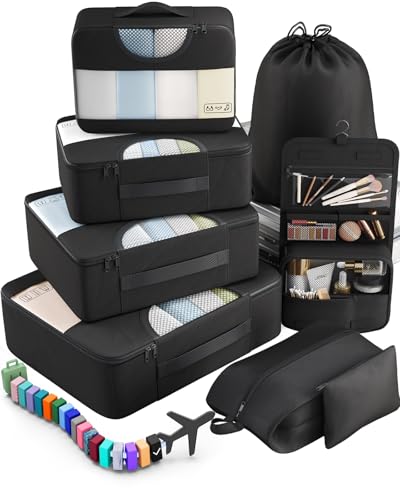In Senegal, they use Type C, D, E, and K power plugs and outlets. The voltage is 230V, and the frequency is 50Hz.
So, you’ll need a travel adapter in Senegal. Their plugs and outlets are different from the Type A and B ones we use back in the States.
Quick Overview of the Plugs in Senegal:
- Plug type in Senegal: C, D, E, and K
- Standard voltage: 230V
- Frequency: 50Hz
- Need a travel adapter? Yes, you do need a travel adapter
- Need a voltage converter? Don’t assume — check the power specs
- Recommended plug adapter: Vintar Universal Travel Adapter Kit
This information is gathered from local electricity agencies, IEC standards, and the experiences of travelers who’ve used these outlets abroad.
The Only Travel Adapter You’ll Need in Senegal
Not all travel adapters are created equal, and picking the wrong one can be a costly mistake. We don’t sell them, but we’ve carefully tested and compared the best options for Senegal—looking at voltage, safety, outlet compatibility, and charging speed. This one is our top choice:
Recommended Travel Plug Adapter
by 1,000+ travelers on Amazon
Already on the road or just arrived and forgot your power adapter? It happens. Luckily, airports and local shops often carry basic ones. Still, packing one ahead of time saves you the hassle and guarantees you’ve got one that works for your needs.
People visiting Senegal frequently also travel to Guinea, The Gambia, and Mali. Don’t forget to check which plugs each country uses.
Power Outlets in Senegal
In Senegal, they use Type C, D, E, and K power plugs and outlets.
Type C

Type C outlets have two round prongs and no grounding pin. Type E and F plugs usually fit too, but grounded plugs will need an adapter.
Type D

Type D outlets have three large round prongs in a triangular layout and typically only accept Type D plugs, although Type C plugs might fit loosely and are not recommended for safe use.
Type E

Type E outlets have two round prongs and a grounding pin at the top. Type C and F plugs will also fit.
Type K

Type K outlets have two round prongs and a grounding pin located below them, and accept both Type K and Type C plugs, but Type C plugs won’t provide grounding.
Do You Need a Voltage Converter?
You’ll probably need a voltage converter in Senegal since your device’s voltage has to match the local power supply. In the U.S., we use 120V, but Senegal operates on a different voltage, so a converter is required.
Before using your electronics in another country, always check the voltage label to make sure it’s compatible. If it states “100-240V, 50/60 Hz”, your device can handle both 120V and 220-240V without needing a converter. Many modern gadgets, including laptops, tablets, and cameras, support this.

Which Travel Devices May Need a Converter?
Looking for a solid voltage converter? These highly rated options are a good place to start.
| Device | Need Converter? | Notes |
|---|---|---|
| Phone | ❌ No (usually) | Most modern phone chargers are dual voltage (100–240V) |
| Laptop | ❌ No (usually) | Check the power brick label for 100–240V |
| Hairdryer | ✅ Yes (often) | High wattage; many models are not dual voltage |
| Electric toothbrush | ⚠️ Check voltage | Some models are 110V only |
| Camera / DSLR | ❌ No (usually) | Most chargers are dual voltage |
| Power bank | ❌ No | Charges via USB, adapter is enough |
| Electric shaver / trimmer | ⚠️ Check voltage | Older or cheaper models may not support 230V |
| Tablet / iPad | ❌ No | All models are dual voltage |
| Portable fan | ✅ Yes (sometimes) | Many models are not compatible with 230V |
| Game console | ⚠️ Check voltage | Newer consoles like PS5 and Xbox are often dual voltage — check to be sure |
| Bluetooth speaker | ❌ No (usually) | Charges via USB |
| E-reader (Kindle, etc.) | ❌ No | USB charging only, no converter needed |
Top Travel Essentials to Pack
Adapters are just the start—there are a few other travel essentials that can really come in handy. Simple, lightweight, and worth the space in your bag.
Digital Luggage Scale
Packing Cubes
Power Bank
More About Senegal
Senegal is one of those places that’s easy to visit but hard to forget. It’s got it all—coastal cities, historic islands, beach towns, river landscapes, and vast inland parks. From the busy energy of Dakar to the chilled vibes of Casamance, every region brings something different to the table.
The culture here runs deep. Senegal is mostly Muslim, but it’s incredibly tolerant and diverse. Music is everywhere—whether it’s traditional drumming or modern mbalax—and food plays a huge role too. Meals are shared from a single bowl, and the hospitality, or “teranga,” isn’t just real—it’s legendary.
Traveling in Senegal gives you access to West Africa at its most welcoming. The roads might be bumpy and the heat intense, but the experience is rich, warm, and unforgettable. It’s a place that gives you stories, flavor, and connection—without needing to shout about it.
Top places to visit in Senegal: Dakar, Île de Gorée, Saint-Louis, and Saly.




